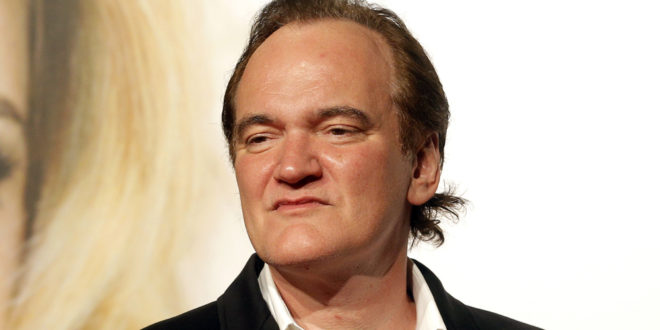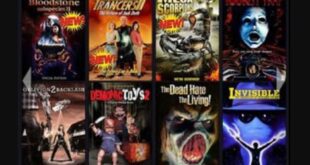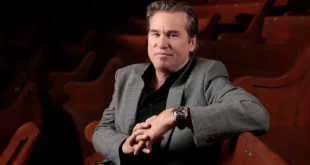Despite being pretty influential and popular, Quentin Tarantino is considered a controversial filmmaker. Then again, maybe it’s because he’s controversial that he’s so influential and popular. Criticized for glorifying violence and favoring style over substance, Tarantino’s never going to please everyone. That’s either part of his genius or his disgrace (depending on who you ask).
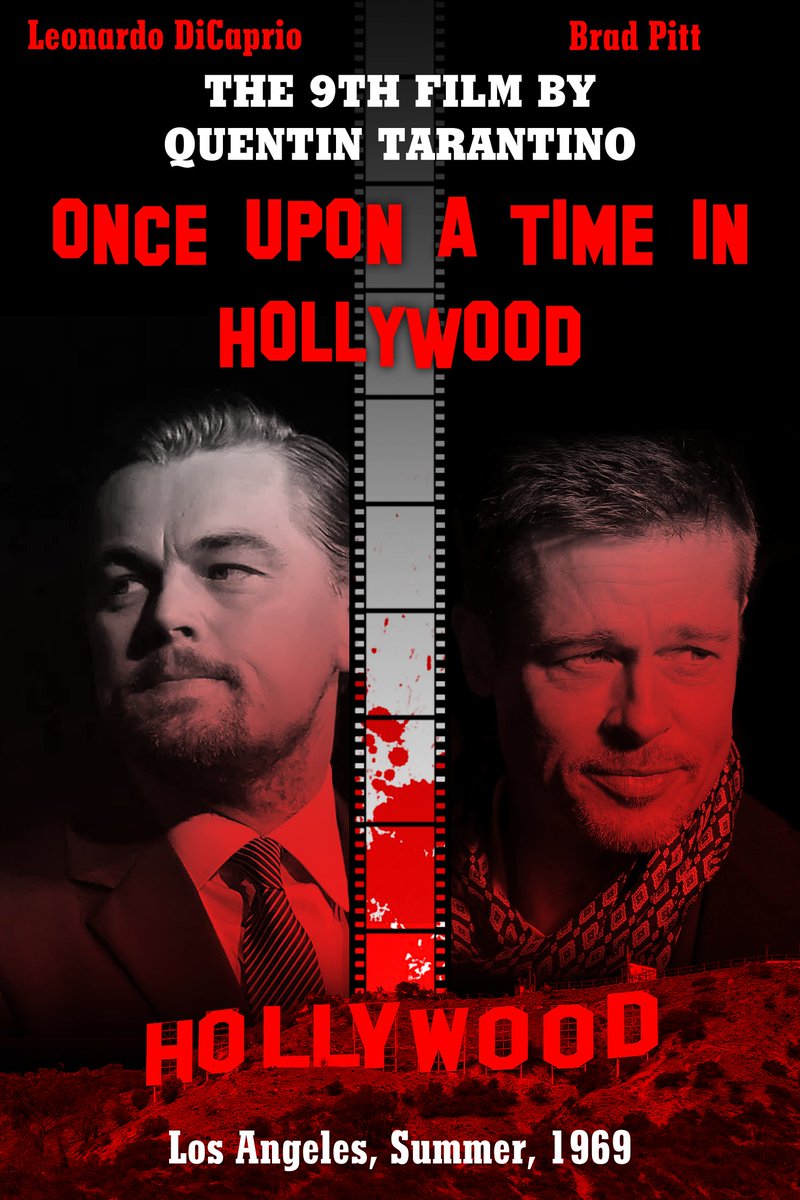
For his upcoming film, Once Upon a Time in Hollywood (2019), Tarantino will focus on the infamous Manson Family and the Tate-LaBianca murders of 1969, and critics were quick to question his focus. For example, an article in The Observer was titled, Tarantino’s ‘Manson Family’ Film Can’t Be Like His Previous Works, saying that, “A real-life murder story may be at odds with Tarantino’s style” because “violence in Tarantino’s films is often justified.” Basically, the article says Tarantino has to approach the content differently.
However, there’s one little problem: Tarantino’s Manson film actually can be like his previous works, or worse (so to speak). Regardless of what I think of his movies individually or as a whole, I am comfortable with saying that Tarantino can make damn near any movie he wants. The same is true of any other artist. Quite simply, artists do not have to make sensitive movies, novels, paintings, poems, ice sculptures, or what have you. They can, but they don’t have to — and people ought to respect that on some level. If he wants to make a totally reprehensible movie, he can. In fact, I might actually enjoy something like that, as I like challenging material sometimes.
It’s Still Fiction, Isn’t It?
Now, I know what some might say: “Shouldn’t moral sensibilities apply to art?” In a way, sure, but it should also be up to the artist. More to the point, we should remember that we’re dealing with fiction here! Yes, Once Upon a Time in Hollywood will deal with events that actually happened, and creating the film will involve real, living actors and crew. However, the end result will be fictionalized, and will not actually show the real Manson murders.
It’s an illusion, and people shouldn’t give it more power than it requires. Unfortunately, though, people are quick to do just that. They forget that a movie is just a movie. If people choose to act on what they saw or heard somewhere, that is their malfunction rather than the artist’s. If a film is offensive to someone, then it’s up to them to disregard or ignore that particular piece of celluloid and not insist that the rest of the world must follow suit. People should be expected to take care of themselves and not assume that the world will bend around them.
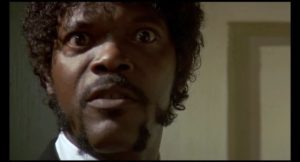
(Samuel L. Jackson in Pulp Fiction)
Expecting Morally Pure Art
There is a lingering problem in today’s artistic world. One may call it political correctness, or overly concerned parents, or just plain squeamishness, but there’s a hyper-exaggerated desire to force the rest of the world to produce specially moralistic art and artists. The belief is that, if art crosses the line of good taste, there’s a danger that people will follow its example.
However, assigning these things too much power risks creating a moral panic — similar to when Ozzy Osbourne was blamed for teenage suicides. It needs to be said: If people can’t distinguish fiction from fact, the problem is greater than art itself. Blaming the camera, the paint brush or the lead vocalist misses the big picture.
The Folly of Expecting Morally Pure Artists
Despite ongoing headlines, it’s still often forgotten that artists are not morally pure. Of course, neither are the moral puritan critics out there. Everyone is flawed, and everyone has skeletons in their collective closets. Many who are offended by Tarantino have surely said or done something insensitive or offensive themselves, or even done something violent — it may never even be known. And here’s the quirky thing: . It’s part of being human, and people lose sight of this as they examine other people’s projects for purity to elevate themselves.
The reality is, ordinary people’s flaws are burdensome, so they look at someone famous as a sort of cathartic scapegoat (especially if the celebrity claims to be “good”). Meanwhile, because the microscope isn’t on them as much, relatively anonymous Twitter mobsters (and the like) won’t face such scrutiny when they themselves do wrong, turning the focus away from themselves. Thus, it becomes popular to clamor for everything to be comforting and safe, because they themselves know that they are not comforting and safe.
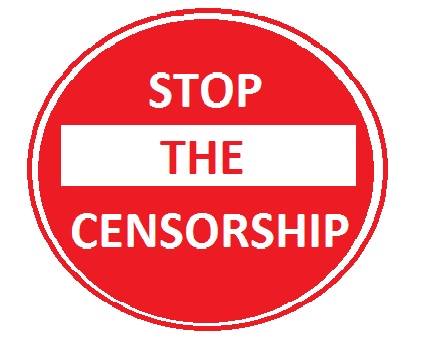
Everyone Needs a Hobby
It seems like everyone’s peeking into movies and TV shows to make sure they’re controversy-free and ready for mass consumption. If a show or film steps out of line, it’ll be bitterly condemned, destroying careers, and forcing studios to make ever more room for big budget super hero movies — or whatever is more conventionally moral and easier to mass market. Every creative person’s misdeed and misstep (on and off a project) becomes a political feather in the ever-demanding, offended fan’s cap.
Meanwhile, artists who don’t play it as safe — who bend or break the rules, have unclear moral boundaries or simply make mistakes — run out of ways to create and out of places to hide when the microscope becomes focused on them. Increasingly, if an artist creates an original, often startling vision, it’s believed that it must be watered down for mass consumption. Increasingly, I think artists either play this game or lose before they even begin. For us tolerant fans, it’s a lose/lose either way.
In Conclusion
I am not saying artists shouldn’t listen to their critics. Obviously they can, and it can be a positive part of the creative process. However, this idea can (and often does) go overboard, to the point where anything offensive is seen as bad, and no one even attempts to understand the context anymore. That is very bad for the horror/thriller genre, which arguably should be morally ambiguous.
While some movies suffer because they’re too eager to offend, some projects are better for that very reason, because it allows special nuances not easily found elsewhere. I think Tarantino is intelligent enough to understand that. His Manson movie will likely walk the tightrope between being challenging and maintaining certain moral elements. However, I’m here to say that it doesn’t have to, and you can always look elsewhere for your entertainment.
What do you think? Must a film like Once Upon a Time in Hollywood be sensitive, or is it okay to make it offensive? Discuss!
 PopHorror Let's Get Scared
PopHorror Let's Get Scared
